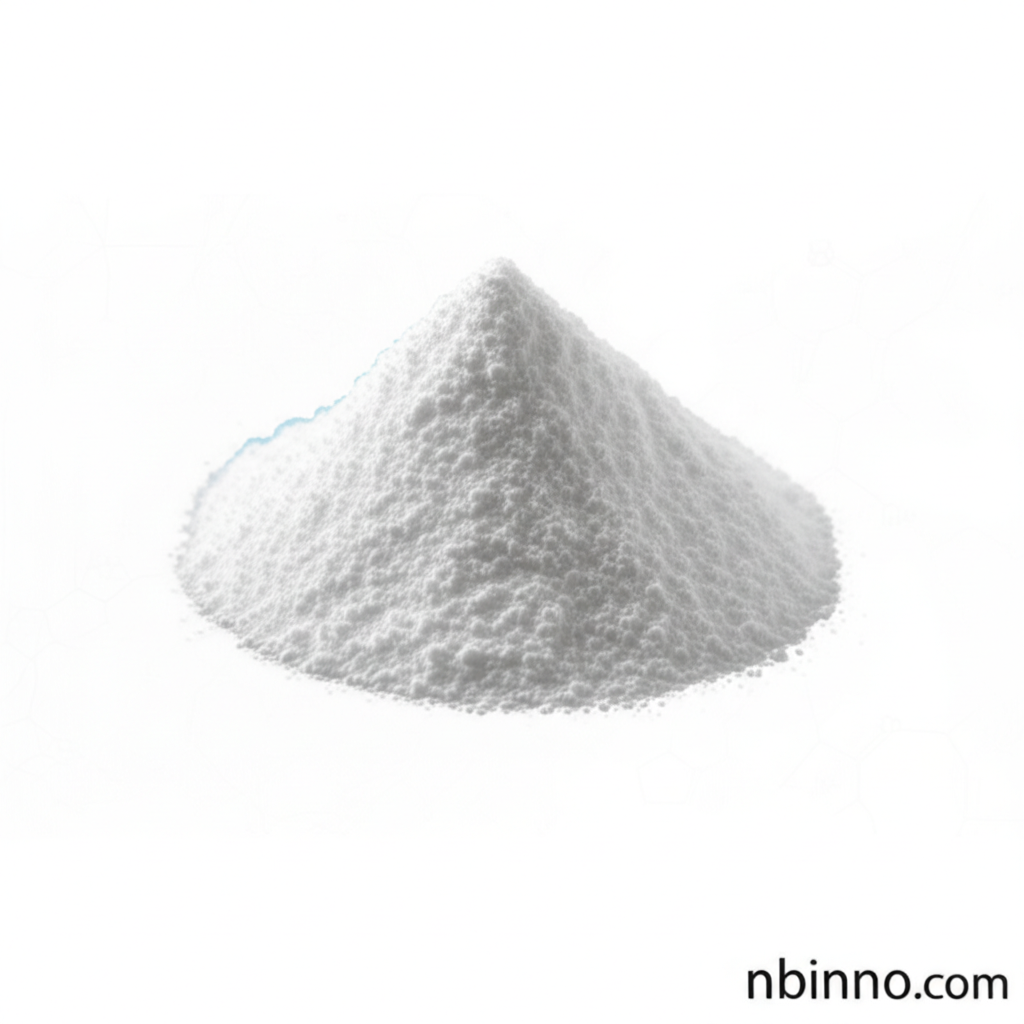ABT-737: A Potent BH3 Mimetic for Cancer Research and Therapy
Explore the science behind ABT-737, a key inhibitor of anti-apoptotic proteins, and its role in advancing cancer treatment.
Get a Quote & SampleProduct Core Value

BH3 Mimetic ABT-737
BH3 Mimetic ABT-737 is a first-generation BH3 mimetic that potently inhibits anti-apoptotic Bcl-2 family proteins, including Bcl-2, Bcl-xL, and Bcl-w. It functions by blocking the interaction of these proteins with pro-apoptotic molecules, thereby inducing apoptosis via the Bax-Bak pathway. This mechanism is critical for its observed cytotoxic effects in various cancer types.
- Discover the mechanism of action for ABT-737 in inducing apoptosis via the Bax-Bak pathway. Understanding this core function is crucial for its application in targeted cancer therapy.
- Learn about the potent inhibition of Bcl-2 family proteins like Bcl-2, Bcl-xL, and Bcl-w by BH3 mimetic drugs. This specificity makes ABT-737 a valuable tool in oncology research.
- Explore the effectiveness of ABT-737 drug development in preclinical cancer models. Its ability to overcome resistance mechanisms is a key aspect of its potential.
- Investigate the diverse research applications of ABT-737 in understanding apoptosis. Its role extends to neuroscience and anti-aging research.
Key Advantages
Targeted Apoptosis Induction
Leverage ABT-737's ability to specifically target and inhibit anti-apoptotic proteins, triggering programmed cell death in cancer cells. This targeted approach is a cornerstone of modern cancer therapy.
Overcoming Drug Resistance
Understand how BH3 mimetic drugs like ABT-737 can resensitize cancer cells to therapy, addressing a significant challenge in cancer treatment and improving patient outcomes.
Broad Spectrum of Activity
Explore the efficacy of ABT-737 across various cancer types, including hematologic malignancies and solid tumors, showcasing its versatility in preclinical research.
Key Applications
Cancer Therapy Research
Investigate the potential of ABT-737 as a therapeutic agent for various cancers by understanding its impact on apoptosis and drug resistance mechanisms.
Drug Discovery & Development
Utilize ABT-737 as a benchmark compound for developing novel BH3 mimetics and other targeted therapies in the oncology pipeline.
Neuroscience Research
Explore the role of ABT-737 in models of neurodegenerative diseases like Alzheimer's, focusing on its impact on microglia and inflammation.
Aging Research
Examine ABT-737's potential in eliminating senescent cells, which are implicated in age-related diseases, thereby contributing to anti-aging research efforts.
